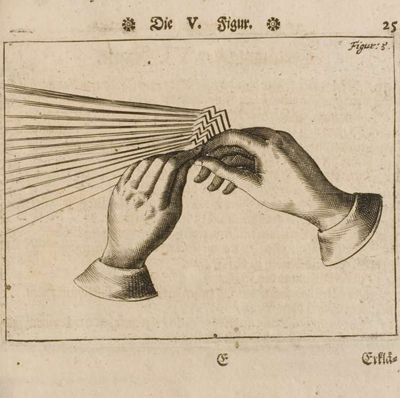Project Description
Spring 2021, University of Georgia
“The name of a self is poverty.” — Alice Notley
“…Dependence on others—or at least relation to them—is the condition of possibility for self-reliance.” — Maggie Nelson
“The stories people tell have a way of taking care of them. If stories come to you, care for them. And learn to give them away where they are needed. Sometimes a person needs a story more than food to stay alive. That is why we put these stories in each other’s memories. This is how people care for themselves. ” — Barry Lopez
The myth of the lone artistic genius has been propagated for far too long. Art is an interdependent process. Artists don’t work in a vacuum, outside the lineages of other artists; outside of social, political, & environmental context; outside of a community of contemporaries, peers, family, loved ones, place & landscape; outside the world that we all share.
In this class, we will explore the idea of leaning against other writers as fellow artists, as sparks for your own ideas, as inspiration, as teachers. Students will generate work through ekphrasis, writing in response to a range of voices in the genres of nonfiction, poetry, and fiction, including works by James Baldwin, Carmen Maria Machado, Ken Liu, Virginia Woolf, Camille Dungy, Adrienne Rich, Layli Long Soldier, Christian Wiman, Allen Ginsberg, Sarah Orne Jewett, Lorine Niedecker, & others. You’ll share your own creative work with your peers in our “playshop.”
As such, we will also explore the notion of leaning against one another, in opposition to the old notion of writing as an isolated act performed in solitude. In our playshop, workshop, and craft and writing-practice discussions, you will share inspiration and be enriched by that of your classmates, and, perhaps, by my own. I will seek to share the practice of writing alongside you and will be another artist who you can “lean against.” I believe that we are stronger and richer together as writers. Your words will inspire those around you to write better; your voice will encourage others—and vice-versa.
We will also, finally, explore the idea of artists leaning against their communities, in the way that Barry Lopez had in mind when he wrote, “I believe an artist has to remind herself or himself… that when you write or paint or compose music, you draw in mysterious ways on the courtesy and genius of the community.”
The course will emphasize the interdependence inherent to the making of art—that is, that no piece of art exists in a vacuum, outside of the world that we all share, the world of air, water, forests, mountains, and all the more-than-human creatures with whom we live on the planet. Our art does not exist outside of our social and political contexts or outside the lineages of other artists (outside of history, that is). We will lean against the world, which feeds us with endless ideas and knowledge, challenge, hardship, pain, grief, love, friendship, and kinship. We will lean against our ancestors in the craft of words; we will lean against our contemporaries and our peers. We will lean against one another, in these difficult times.
{art by George Philipp Harsdörffer, 1657}
